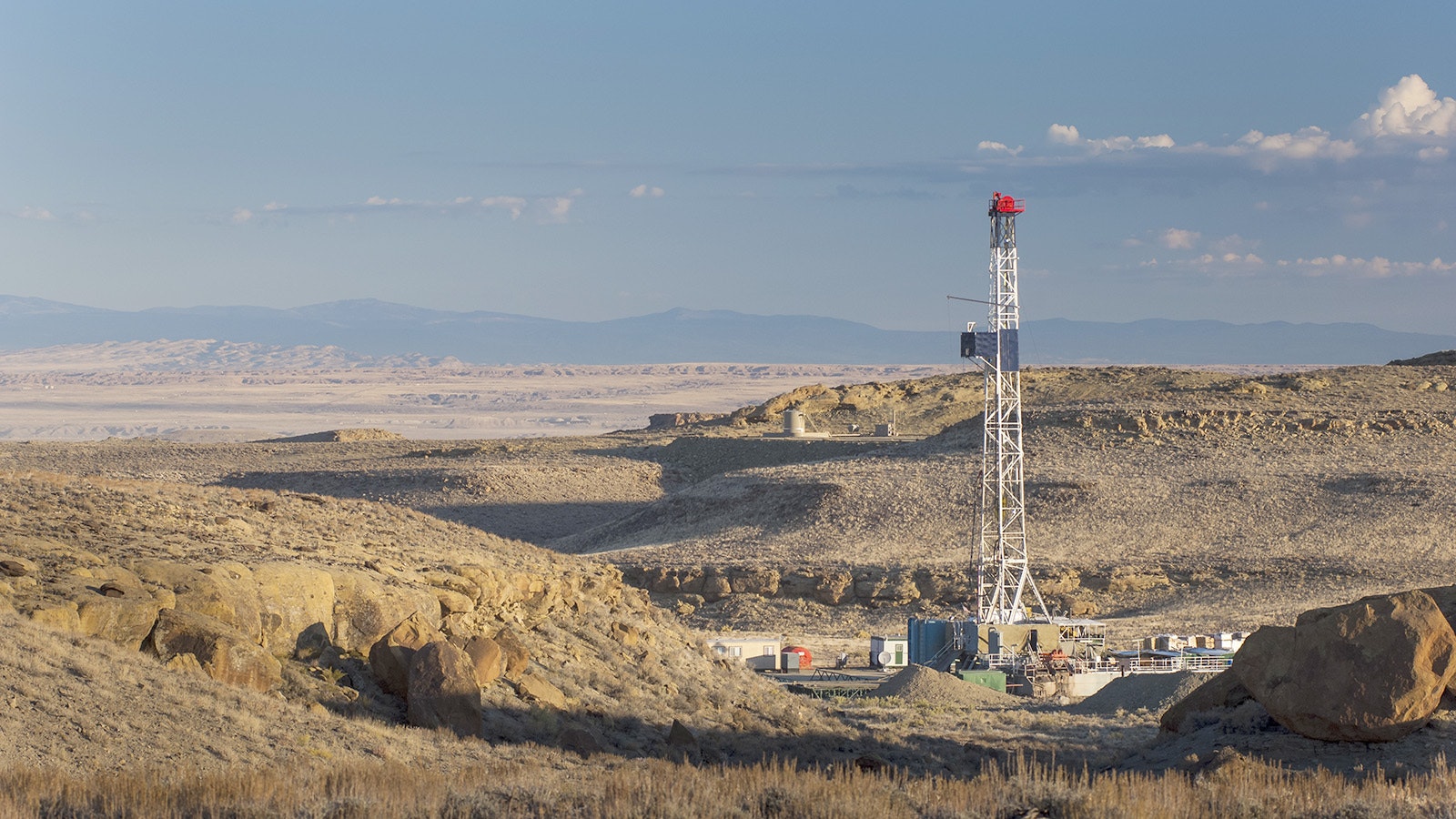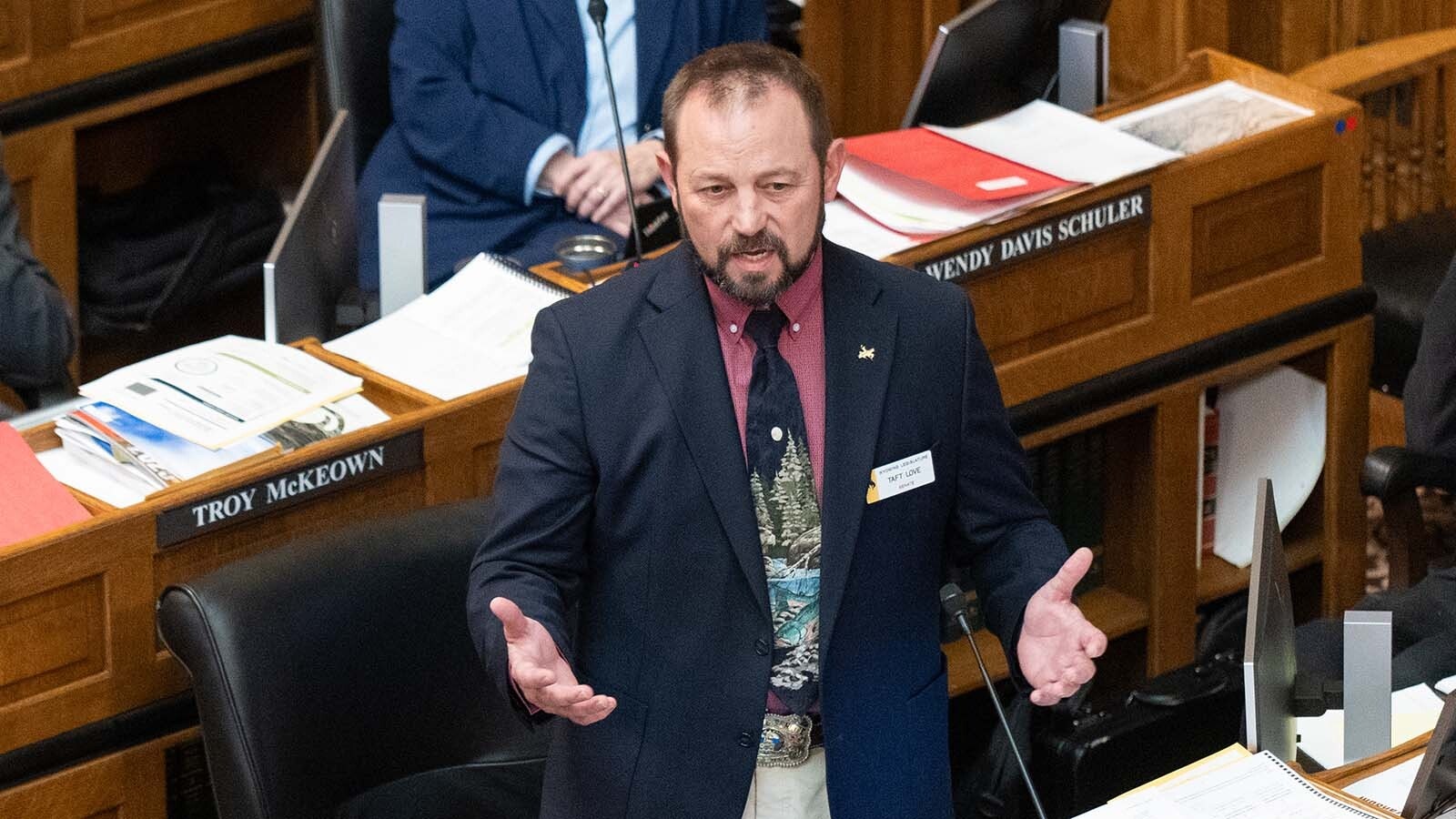The Bureau of Land Management held a meeting Monday to discuss a proposed rule that would define conservation as a “use” of public land in the same way that grazing and oil production are.
The rule would allow public land to be used for conservation and block any other type of use, including oil and gas production, mining, grazing and recreation.
The rule is being championed by anti-fossil fuel groups which view it as a means by which they can stop public lands from being used for oil and gas development, but opponents say the rule would exceed the agency’s authority.
‘Radical Environmentalists’
Wyoming Sen. John Barrasso grilled Secretary of the Interior Deb Haaland earlier this month on the proposed rule at a hearing of the U.S. Senate Committee on Energy and Natural Resources.
“Your proposal would give radical environmentalists a new tool to block activities that are guaranteed in the law, such as grazing, recreation and mineral development,” Barrasso said.
Haaland said that the rule would put conservation on equal footing with the BLM’s multi-use mandate.
“It would not foreclose other uses of our public lands such as grazing or mining or energy development,” Haaland said.
Barrasso said the rule runs counter to established public land law and would make “non-use” of lands a competing use with other types of development.
Environmental Campaign
The Wilderness Society launched an online letter-writing campaign to help push the finalization of a proposed rule, as it would stop any land leased for conservation from being used to produce oil and gas.
Hundreds of supporters of The Wilderness Society used an online form to comment on the proposed rule.
“For far too long, BLM has focused on development and resource extraction — in fact, 90% of BLM lands remain open to oil and gas leasing. This imbalance is grossly incompatible with current U.S. climate and conservation goals,” the letter states.
The letter also says the rule would allow the agency to prioritize conservation and protect “imperiled wildlife, preserve vanishing cultural sites and protect vital natural resources … in the era of climate change.”
Adding Conservation Tools
Rob Wallace, former staff director of the U.S. Senate Energy and Natural Resources Committee and assistant secretary of Fish and Wildlife and Parks at the U.S. Department of the Interior, told Cowboy State Daily that the BLM already has tools at its disposal for land conservation.
This includes the National Environmental Policy Act, the Endangered Species Act and the Clean Air Act.
“They have lots of federal statutes they can use to manage the health of the resource,” Wallace said.
Cowboy State Daily reached out to The Wilderness Society to ask why the proposed rule is needed on top of existing statutes and if the nonprofit is concerned how this would compete with energy production, including development of wind and solar.
The organization did not respond.
Illegal Rule
Barrasso said the rule would be illegal should it become final, and Wallace said it will likely face legal challenges.
Congress, he explained, gave the National Park Service specific authority to protect the cultural and natural resources with the national park system, and it has given the U.S. Forest Service, through the 1964 Wilderness Act, authority to minimize human impact on designated wilderness areas.
“The new BLM rule will be challenged because Congress did not give the BLM the authority to do what they propose to do,” Wallace said.
The 1976 Federal Land Policy Management Act directed BLM to manage its 245 million acres for multiple use, Wallace said, and it’s a stretch for the agency to now define a non-use as a use.
“That’s 120 Yellowstones,” Wallace said.
Ignoring Rulings
William Perry Pendley, who led the Bureau of Land Management in the Trump administration, told Cowboy State Daily the proposed rule is part of President Joe Biden’s 30x30 initiative, which seeks to eliminate development on 30% of U.S. lands and freshwater area and 30% of U.S. ocean areas by 2030.
Pendley agreed the rule, if it were to become final, would be challenged in court, but said the Biden administration has a history of ignoring court rulings.
As an example, Pendley pointed to Biden violating the 1920 Mineral Leasing Act, which required the federal government to offer quarterly leases for oil and gas production, by canceling the lease sales upon taking office.
Though a Louisiana federal judge blocked the pause, the administration isn’t issuing quarterly leases.
“It really doesn’t matter what the courts say,” Pendley said.





